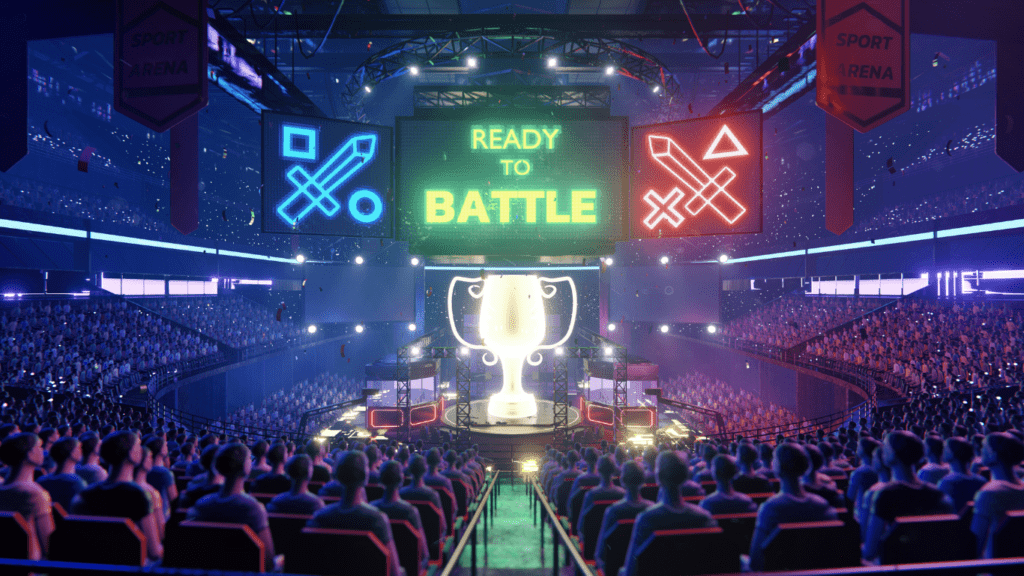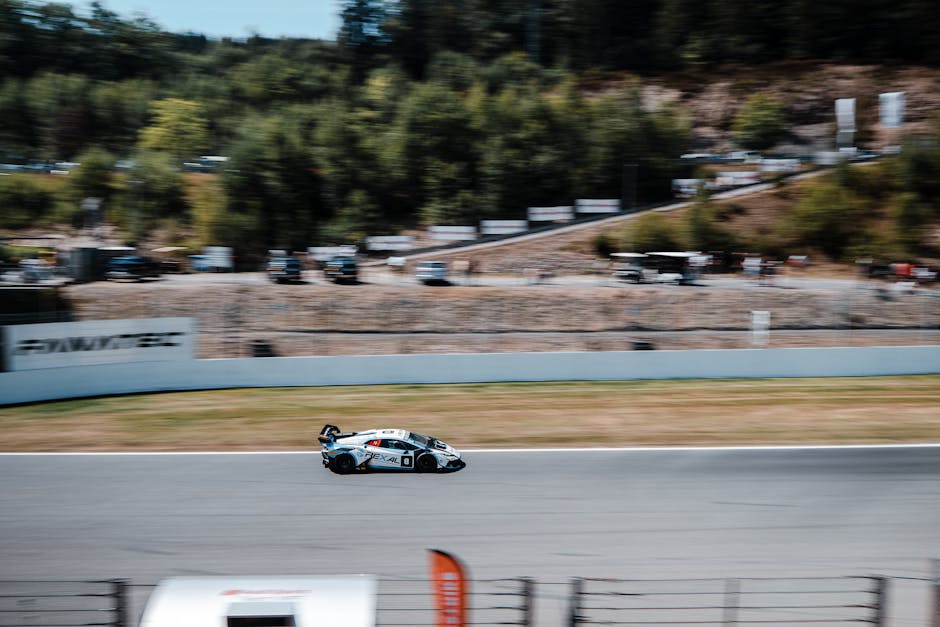Understanding the Stakes
Identifying the stakes puts the tournament in perspective. High-stakes tournaments involve significant financial, reputational, or competitive risks. Recognizing these stakes helps prioritize preparation effectively. In poker tournaments, for example, understanding the buy-in amount and prize pool emphasizes the monetary aspect. Esports players, on the other hand, often assess ranking implications and potential team recognition. Knowing what’s on the line directs focus towards relevant skills and strategies.
Analyzing past performances offers insights into what competitors prioritize. Observing how top players approach similar tournaments reveals common strategies and tactics. For instance, analyzing footage of esports competitions highlights player positioning and resource management. This observational analysis provides a framework to anticipate challenges and adapt training methods accordingly.
Balancing risk and reward plays a crucial role in strategic decisions. Evaluating the potential benefits against the possible downsides guides decision-making during the tournament. For example, in poker, calculating odds and potential payouts informs betting decisions. In sports, assessing the risk of aggressive plays against maintaining a steady performance contributes to overall success. Grasping this balance refines preparation and execution strategies for optimal outcomes.
Physical Preparation
Physical readiness plays a crucial role in maintaining energy levels and focus during high-stakes tournaments. By enhancing endurance and incorporating proper nutrition, I strengthen my ability to perform consistently under pressure.
Building Endurance
Investing time in building endurance increases my stamina for long tournament sessions. Regular cardio exercises, such as running, cycling, and swimming, improve cardiovascular health and boost energy levels. I prefer incorporating at least 30 minutes of cardio exercises four times a week. Strength training complements this by enhancing muscle endurance, which supports prolonged periods of concentration. Push-ups and squats serve as effective body-weight exercises. Consistent workouts ensure my body remains resilient to the physical demands of competitive play.
Nutrition and Hydration
Proper nutrition and hydration directly affect cognitive performance and energy. I focus on consuming balanced meals rich in proteins, complex carbohydrates, and healthy fats to sustain energy. For example, incorporating lean meats, whole grains, and nuts aids in maintaining focus. Staying hydrated is equally important; dehydration impairs both brain function and physical endurance. I aim to drink 8 to 10 glasses of water per day. Before and during the tournament, I prioritize snack options like fruit and yogurt to maintain energy without causing fatigue. Maintaining nutritional balance lays the groundwork for peak performance during critical moments.
Mental Preparedness
Preparing mentally is crucial for success in high-stakes tournaments. It’s the key to maintaining composure and focus under pressure.
Developing a Strong Mindset
Cultivating a resilient mindset involves consistent mental training. I practice positive self-talk to reinforce confidence and resilience. Focusing on strengths instead of perceived weaknesses builds inner fortitude. When I face setbacks, I view them as opportunities to learn and improve. Adopting a growth mindset—believing that skills can always improve with effort—enhances adaptability during competitions.
Visualization Techniques
Visualization helps in preparing for pressure-packed scenarios. I envision myself succeeding in various tournament situations. By mentally rehearsing each step, I feel more prepared and less anxious during actual events. Picturing successful outcomes creates a sense of familiarity with the scene—thereby reducing anxiety. Visualizing not only enhances decision-making under stress but also boosts overall performance by fostering clarity and focus.
Strategic Planning

Strategic planning is essential when preparing for a high-stakes tournament. It involves understanding the competitive landscape and developing an approach tailored to your strengths and goals.
Analyzing Competitors
Analyzing competitors provides insights into potential challenges. I begin by researching their past performances and identifying patterns in their strategies. This involves:
- watching replays
- recordings
- noting their strengths
- weaknesses
- playing styles
I create a list of key competitors and their tactics, focusing on aspects like aggressiveness, defensive maneuvers, and adaptability. By compiling this information, I can anticipate opponents’ moves and plan counters effectively.
Crafting Your Game Plan
- Crafting a game plan requires leveraging insights gained from competitor analysis.
- I establish clear objectives, such as targeting an opponent’s known weaknesses, and tailor my strategy accordingly.
- I incorporate flexibility into my plan, allowing for adjustments mid-competition if unforeseen circumstances arise.
- Setting milestones helps track progress, ensuring alignment with overall goals throughout the tournament.
- Consistent practice and simulation of high-pressure scenarios refine my execution, enhancing confidence in my strategy and ensuring readiness for any challenges.
Practicing Under Pressure
Facing high-stakes tournaments requires training in pressure situations, building a foundation to perform well when every decision counts. I engage in specific methods to replicate real tournament stress, honing my skills and mental fortitude.
Simulations
Simulating tournament conditions allows me to experience the pressures of actual competition. I create environments that mimic the intensity and unpredictability of high-stakes games. For example, I set time limits or high-pressure scoring conditions. Practicing against skilled opponents helps me adapt strategies swiftly, mirroring what I’d need to do during a tournament. Results improve when practice sessions emulate real situations closely.
Handling Stress
Managing stress during tournaments is crucial for maintaining focus. I incorporate stress-reduction techniques into my training routine. Mindfulness exercises, like deep breathing and meditation, help regulate my stress response. During practice, I purposefully introduce distractions or simulate setbacks to train myself to regain composure quickly. Positive self-talk and routine visualization further build resilience, enabling me to navigate pressure without losing concentration.





